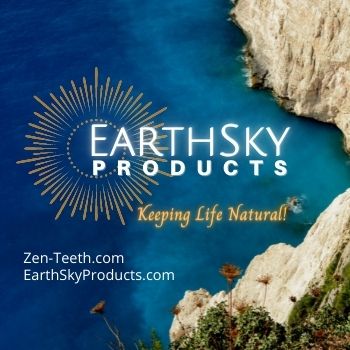Going forward, the future of hemp seems bright. Foor mentions a headline from the 1930s that said, “Hemp: the new billion dollar industry.”
Now, the Oregon Department of Agriculture has recorded 1,342 growers and 46,219 acres of hemp; a large step from 2015 when there were only 13 growers and 105 acres. The Bend Bulletin reported that Oregon ranks third nationally behind Montana and Colorado in industrial hemp acreage, and it also is expected to become the state’s second biggest agricultural commodity.
Before the 2018 Farm Bill, Oregon farmers faced even more barriers to grow hemp due to federal prohibition. Farmers had restricted access to banking, water rights and crop insurance, ODA Communications Director Andrea Cantu-Schomus said. Also, due to its misclassification as a controlled substance before the Farm Bill, ODA and the U.S. Department of Agriculture were not tracking hemp’s production or value.
Dean Foor, co-founder of Entangled Biome in Eugene that produces CBD products, said despite hemp being criminalized for around 100 years, humans have had a relationship with the plant for centuries, and the opportunities are re-emerging.
“To say that we’re doing something brand new is accurate on one hand and not on the other,” Foor said. “We’ve known as a society and (individually as) humans that it’s a powerful plant that offers opportunity to us.”
CBD is used as an alternative to other anti-inflammatory medication, and has been shown to help people with anxiety and seizures, according to Harvard Medical School. Foor said he started Entangled Biome with co-founder Jeff Ballard because he wanted to find an alternative anti-inflammatory that was safe for him and also for his dog.
“To know that three years have gone by that I haven’t had to take an anti-inflammatory, and I’ve not only seen my dog but also other pets benefit from it, it’s further testimony,” he said. “We get to be a part of helping people find a better way of living.”
Foor added that the plant is extremely versatile and the potential is diverse. Already, hemp is being seen as an alternative to some medication, construction products, milk and cotton.
“It would be amazing to have hemp fabric grown in the U.S.,” she said, adding that manufacturing it in the region would make the business’ carbon footprint smaller.
There are endless challenges still facing industrial hemp, Seber said, particularly because the industry is “rife with ignorance.” People think that hemp is a different plant than cannabis, even though it’s the same species, and hemp’s association with low THC has “no basis in reality,” he said.
Read the rest of this trory here on The Register Guard
By Aliya Hall For The Register-Guard Posted May 27, 2019 at 5:00 AM






